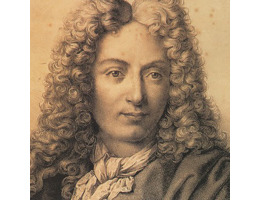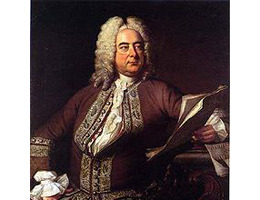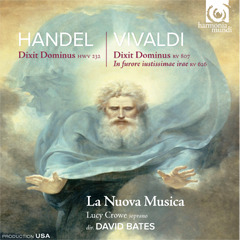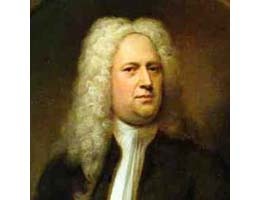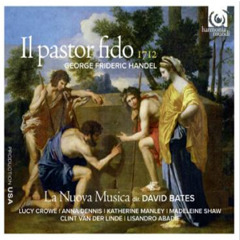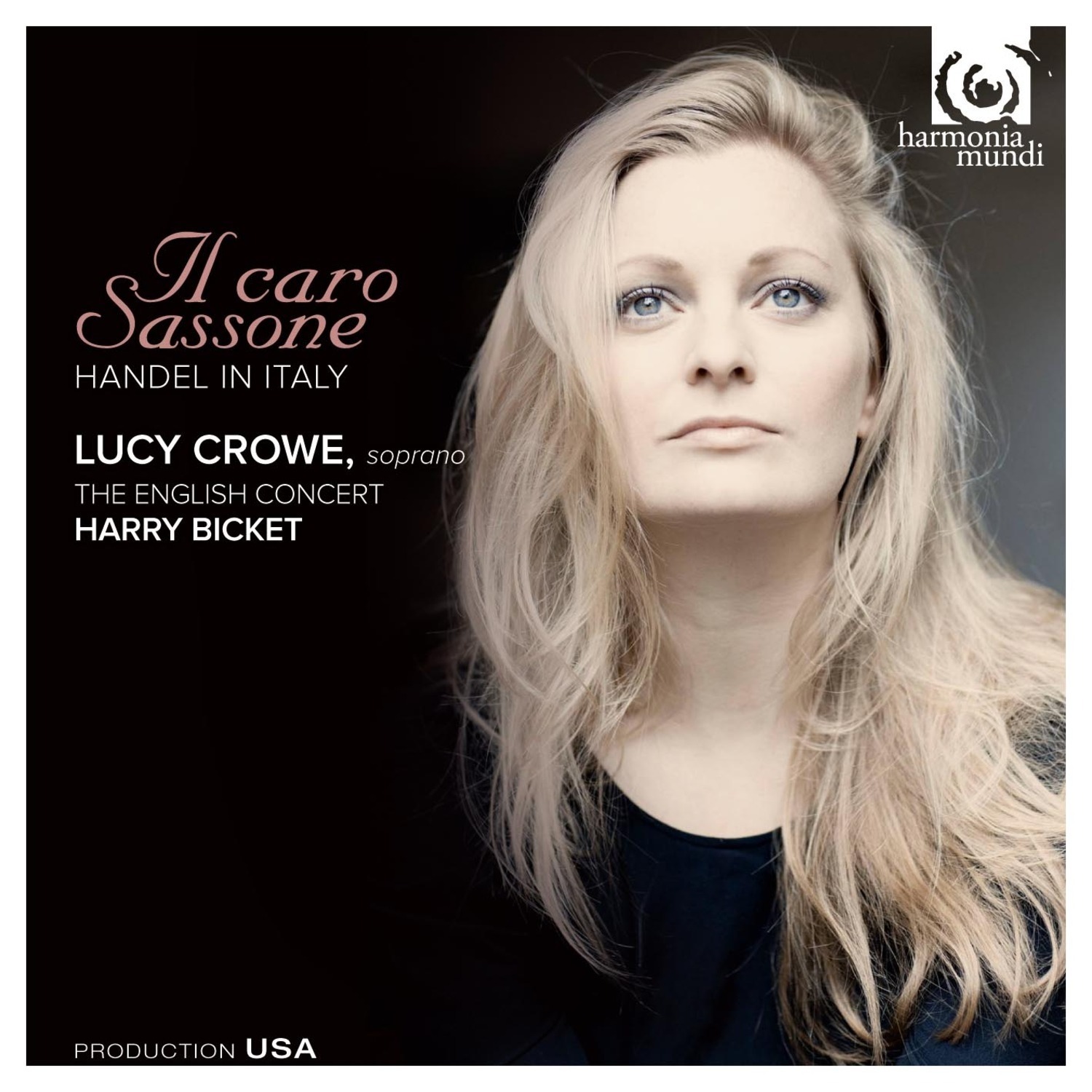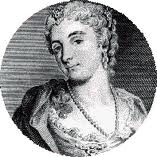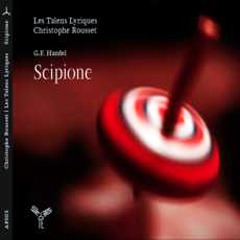Arcangelo CorelliSonata a 3 in G Minor, Op. 1, No. 10 Trying to reconstruct the love life of a discreetly homosexual composer in the 17th century presents a variety of formidable challenges. For one, the public record was not overly
Handel
Bach : Saint John PassionPart I: Chorale: Herr, unser Herrscher (Chorus) I am for the first time in my life living with Handel. I lived with Bach earlier this year, when I was involved in performances of his St John
In furore iustissimae irae Miserationem Pater piissime (recitative) La Nuova Musica Lucy Crowe, soprano DAVID BATES, director From Handel – Dixit Dominus HWV 232 / Vivaldi – Dixit Dominus RV 807 In furore iustissimae irae rv 626 (2013) Released by
Throughout the 17th century, all forms of staged musical theater were strictly forbidden during Lenten season. To substitute for this lack of operatic entertainment, this period of fasting and prayer that prepares believers for the celebration of Easter did see
Aria : Se m’ami, oh caro (Madeleine Shaw) La Nuova Musica David Bates, direction Lucy Crowe, soprano Anna Dennis, soprano Katherine Manley, soprano Madeleine Shaw, mezzo-soprano Clint van der Linde, countertenor Lisandro Abadie, bass-baritone From Il Pastor Fido 1712 /
Il Trionfo del Tempo e del Disinganno – Aria “Lascia la spina” Lucy Crowe, soprano The English Concert Harry Bicket From Il Caro Sassone Handel in Italy (2011) Released by Harmonia Mundi Handel: Il Trionfo del Tempo e del Disinganno
“She had a mezzo-soprano voice, that was less clear than penetrating. Her execution was articulate and brilliant. She had a fluent tongue for pronouncing words rapidly and distinctly, and a flexible throat for divisions, with so beautiful a shake that
“Ah! Scipione…” (Berenice’s aria) Sandrine Piau, soprano Christophe Rousset, conductor Les Talens Lyriques, baroque orchestra From Handel: Scipione (2010) Released by Aparté Handel: “Ah! Scipione…” (Berenice’s aria), from Scipione Sandrine Piau (Berenice) in Act III, Scene II: “The torment is

